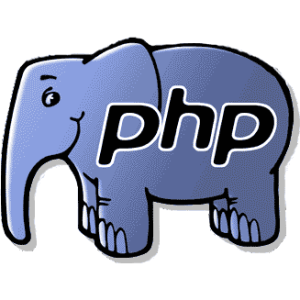PHP
Course Objectives:
– Understand the fundamentals of PHP programming language
– Learn how to write, debug, and execute PHP code
– Develop skills in using PHP to create dynamic web applications
– Gain knowledge in working with databases and handling form data using PHP
– Practice good coding practices and debugging techniques in PHP
Course Outline:
1. Introduction to PHP
– Overview of PHP and its role in web development
– Setting up the development environment for PHP programming
– Writing and running a simple PHP program
2. Variables, Data Types, and Operators
– Understanding variables and data types in PHP
– Working with arithmetic, assignment, and comparison operators
– Using control structures such as if-else, switch, and loops
3. Functions and Scope
– Defining and calling functions in PHP
– Understanding function parameters and return values
– Scope and variable visibility in PHP
4. Arrays and Strings
– Declaring and manipulating arrays in PHP
– Accessing and modifying array elements
– Working with strings and string manipulation functions
5. Working with Forms and User Input
– Handling form data and user input using PHP
– Validating and sanitizing user input
– Processing and storing form data in databases
6. Working with Databases (MySQL)
– Introduction to MySQL database and PHP integration
– Connecting to a database and executing SQL queries
– Retrieving, inserting, updating, and deleting data in a database
7. Object-Oriented Programming (OOP) in PHP
– Introduction to object-oriented programming in PHP
– Creating and using classes and objects in PHP
– Encapsulation, inheritance, and polymorphism in PHP
8. File Handling and Manipulation
– Reading from and writing to files using PHP
– Opening, closing, and manipulating file streams
– Handling file errors and exceptions
9. Error Handling and Debugging
– Techniques for handling errors and exceptions in PHP
– Using try-catch blocks to handle exceptions
– Debugging PHP code using error logs and debugging tools
10. Session Management and Cookies
– Managing user sessions and maintaining state in PHP
– Using cookies to store and retrieve user information
– Implementing login and authentication systems
11. Working with APIs and Web Services
– Introduction to APIs (Application Programming Interfaces)
– Consuming and integrating external APIs in PHP
– Sending and receiving data using RESTful APIs
12. Security and Best Practices
– Understanding common security vulnerabilities in PHP
– Implementing security measures to protect PHP applications
– Best practices for PHP coding, performance, and scalability

